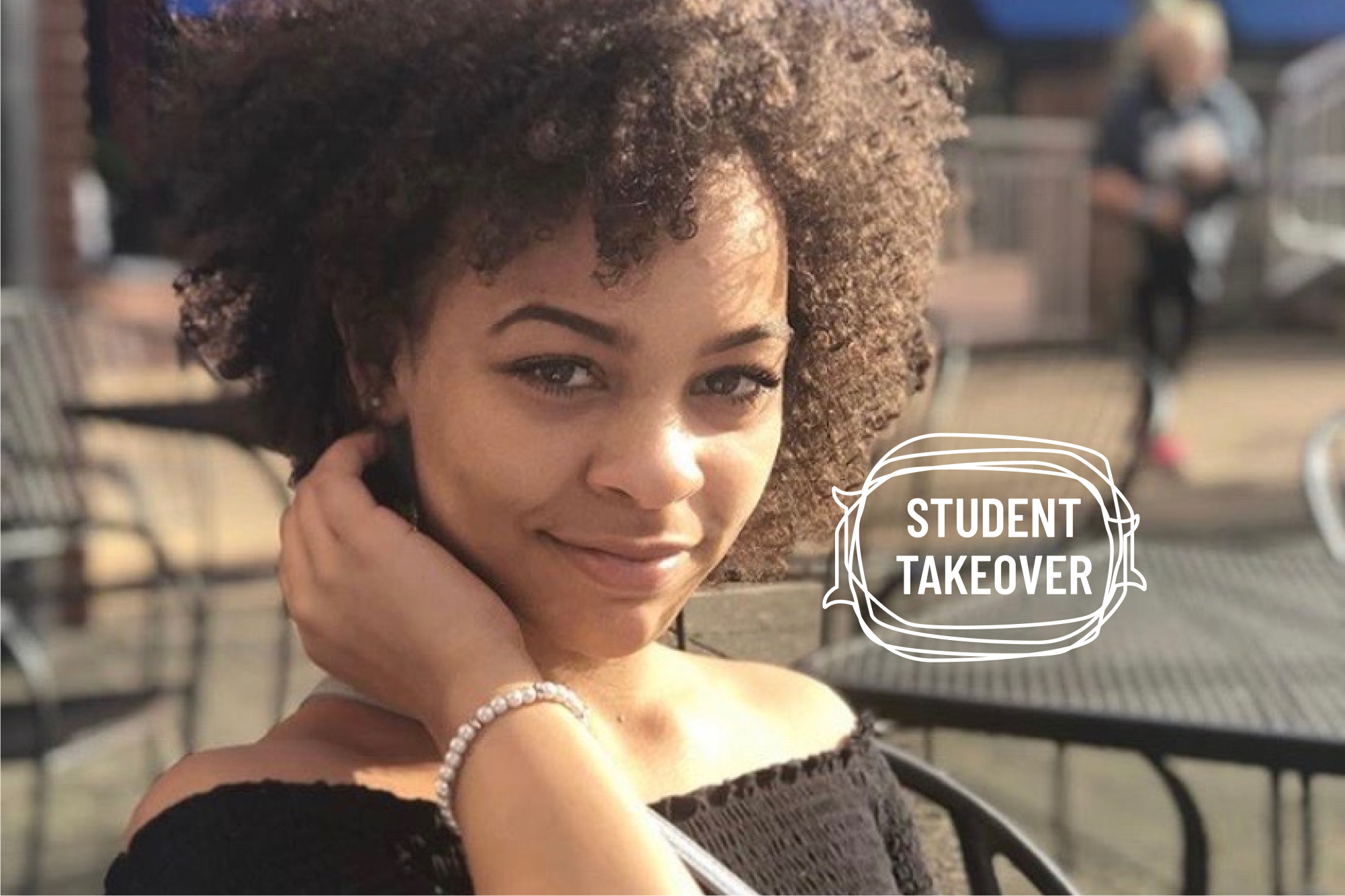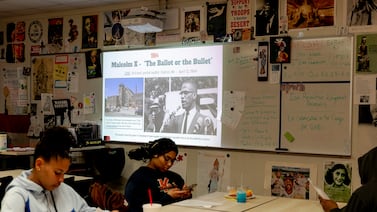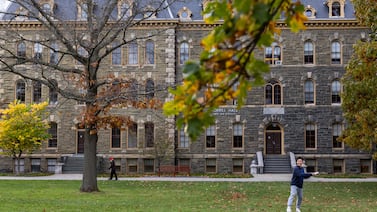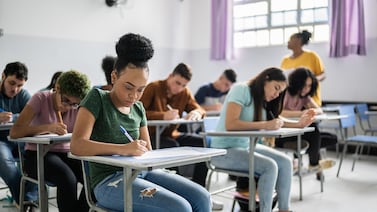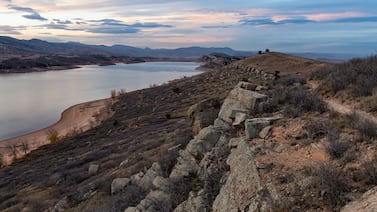This personal essay is part of the Chalkbeat Student Takeover: a weeklong project meant to elevate the voices of students at this pivotal moment in America. Read more from the takeover here.
On May 30 I attended the first protest following George Floyd’s killing in downtown Chattanooga, near Coolidge Park. It remained peaceful for hours, with inspiring chants such as, “No Justice, No peace” and “Whose streets are these? Our streets!” As the night progressed, however, tensions rose. Although most people were protesting peacefully, with the occasional yell, the police formed a barricade, holding their night sticks horizontally and moving us even farther down the road.
The next thing I knew, my boyfriend was pulling me all the way to the back of the crowd to keep me away from any possible dangers. He then proceeded to swim back into the mix of people, and got caught in what looked like a whirlpool of protesters. Some were trying to resist the forward motion of the police, while others seemed like they were trying to stir up violence.
Anyone who knows me will attest I’m not the most intimidating person, but once I saw my boyfriend being tugged down by the crowd, I knew I had to do something. I realized we didn’t have the same protection as the white protesters yelling obscenities at the cops, and I kept thinking I would be perceived as just another angry black girl. I started to feel like a goldfish thrown into the ocean, because although I felt some level of comfort with white allies surrounding me, I also felt an unnerving level of vulnerability. So I shoved all 5 feet of me through the swelling crowd and grabbed my boyfriend by his shirt as if I was his mother and he was in trouble. I got him to the same place he’d brought me, outside the crowd, and later things de-escalated.
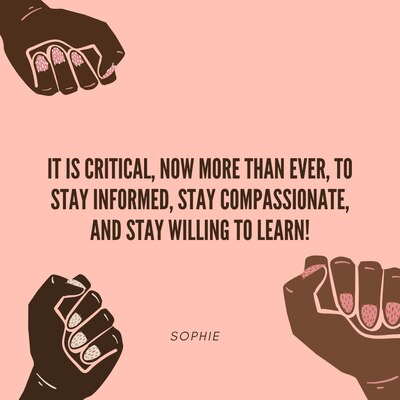
A subsequent protest in Chattanooga’s Miller Park was much more organized. Community members provided free pizza and hotdogs, masks, hand sanitizer, and live music for those attending the march. Energized speakers emphasized the importance of exercising our rights, and volunteers walked around making sure everyone was registered to vote. The sense of community and fellowship was remarkable. The only threat I felt that night was the ominous police cars that crept behind us, maneuvering the streets and almost herding us like cattle to the routes they wanted us to take. I find it ironic that even in acts of protest, we still heed the police, even though they may not treat us with that same level of respect.
Overall, I’m glad I’ve been able to participate and make history with my community. My one wish for these police officers is that they understand why we protest. We’re not against the good cops who go to work every day to serve and protect all communities. We are protesting the cops who take away safety, opportunities, and lives from the Black community. And the “good cops” need to go further. Being a good cop means speaking up and intervening if a colleague is clearly using excessive force on a civilian. It’s about being part of the community, and actively trying to gain more insight into these issues in order to be a helpful ally and effectively protect and serve.
If you aren’t able to be out protesting due to health concerns but you want to support the cause in other ways, speaking out on social media, correcting your peers when they make insensitive remarks about marginalized communities, and signing online petitions are all great ways to make an impact.
If you do choose to protest in the Chattanooga community, free COVID-19 testing is available at a variety of facilities, such as the Hamilton County Health Department, UT Family Practice, and The Minute Clinic.
Finally, it is critical, now more than ever, to stay informed, stay compassionate, and stay willing to learn!
Sophia Perry, 17, is a rising senior at Red Bank High School in Chattanooga and member of the Student Voice Team at UnifiEd, a grassroots education advocacy organization serving Hamilton County, Tennessee. Last year Sophia and her peers successfully lobbied the Hamilton County School Board to update and improve the Student Suicide Prevention Policy for the school district. A version of this essay originally appeared on UnifiEd.


